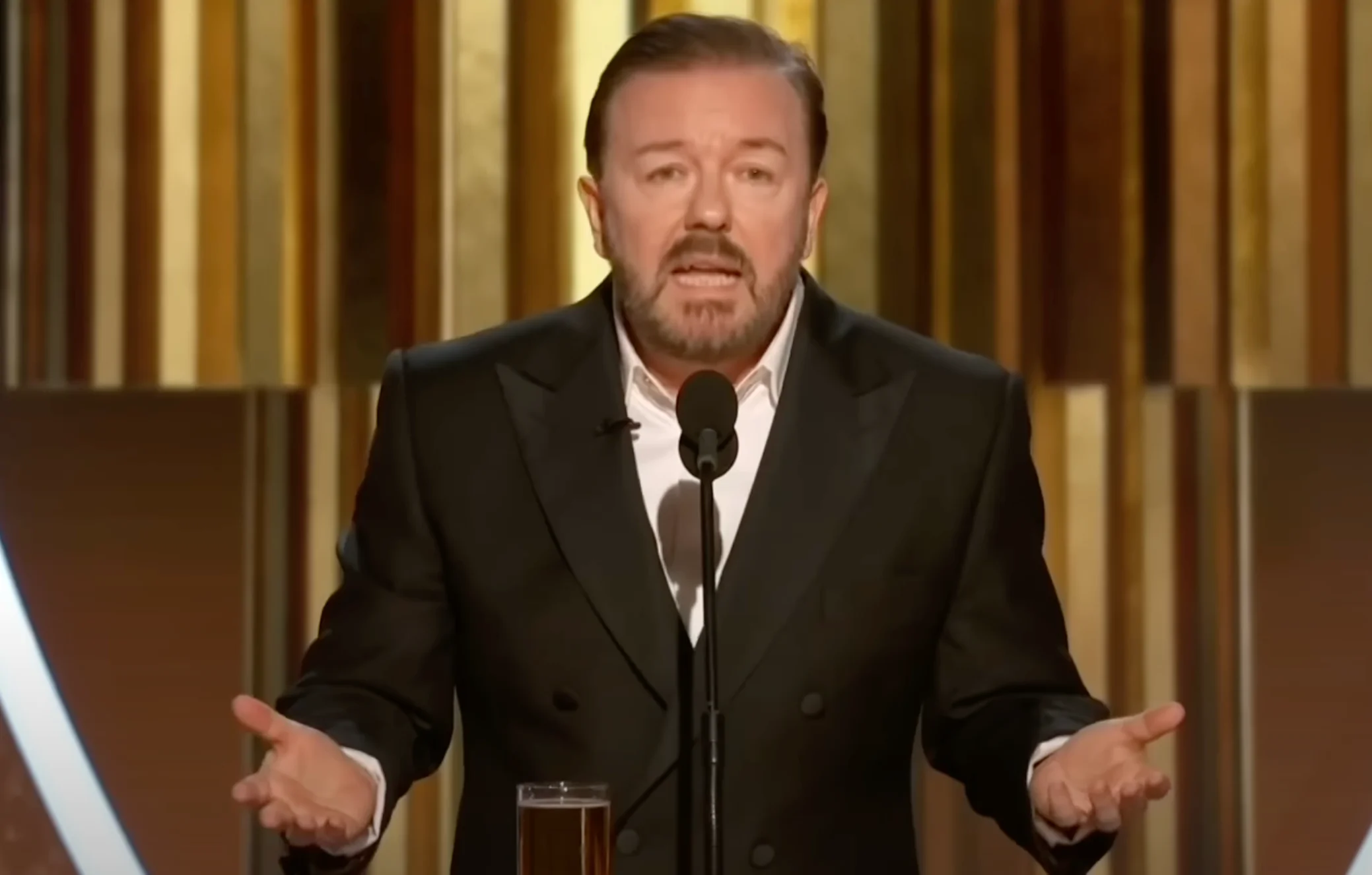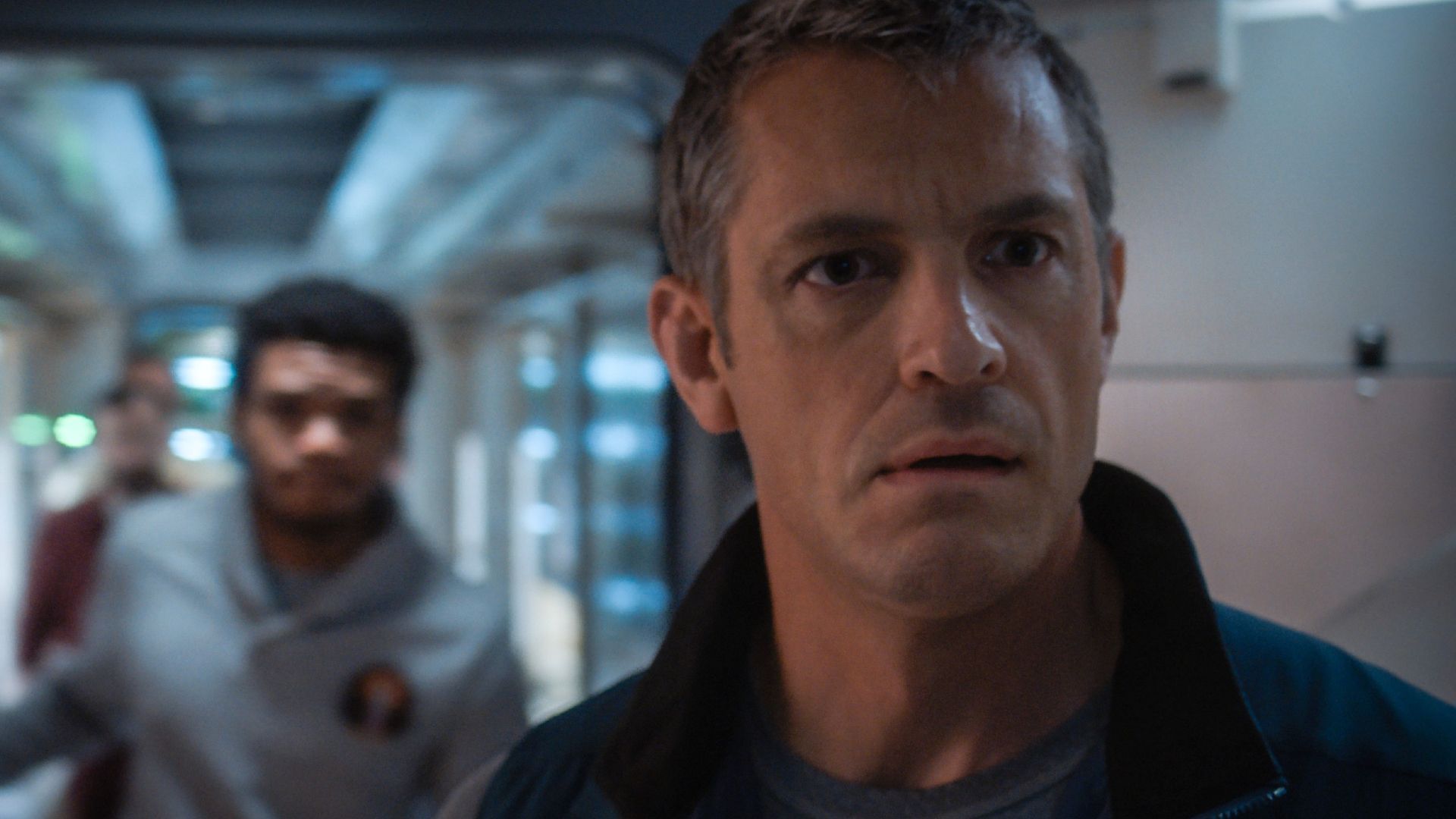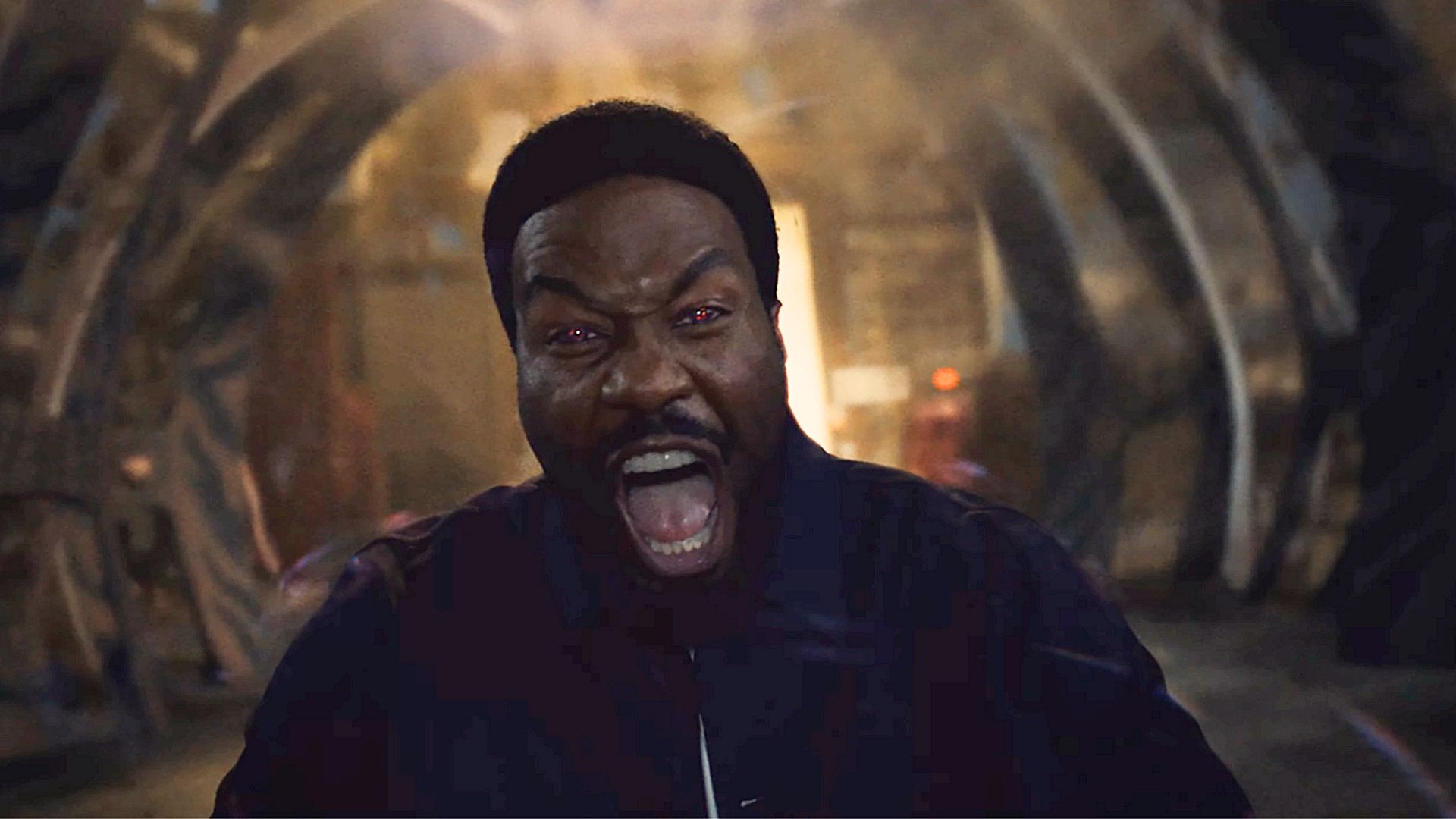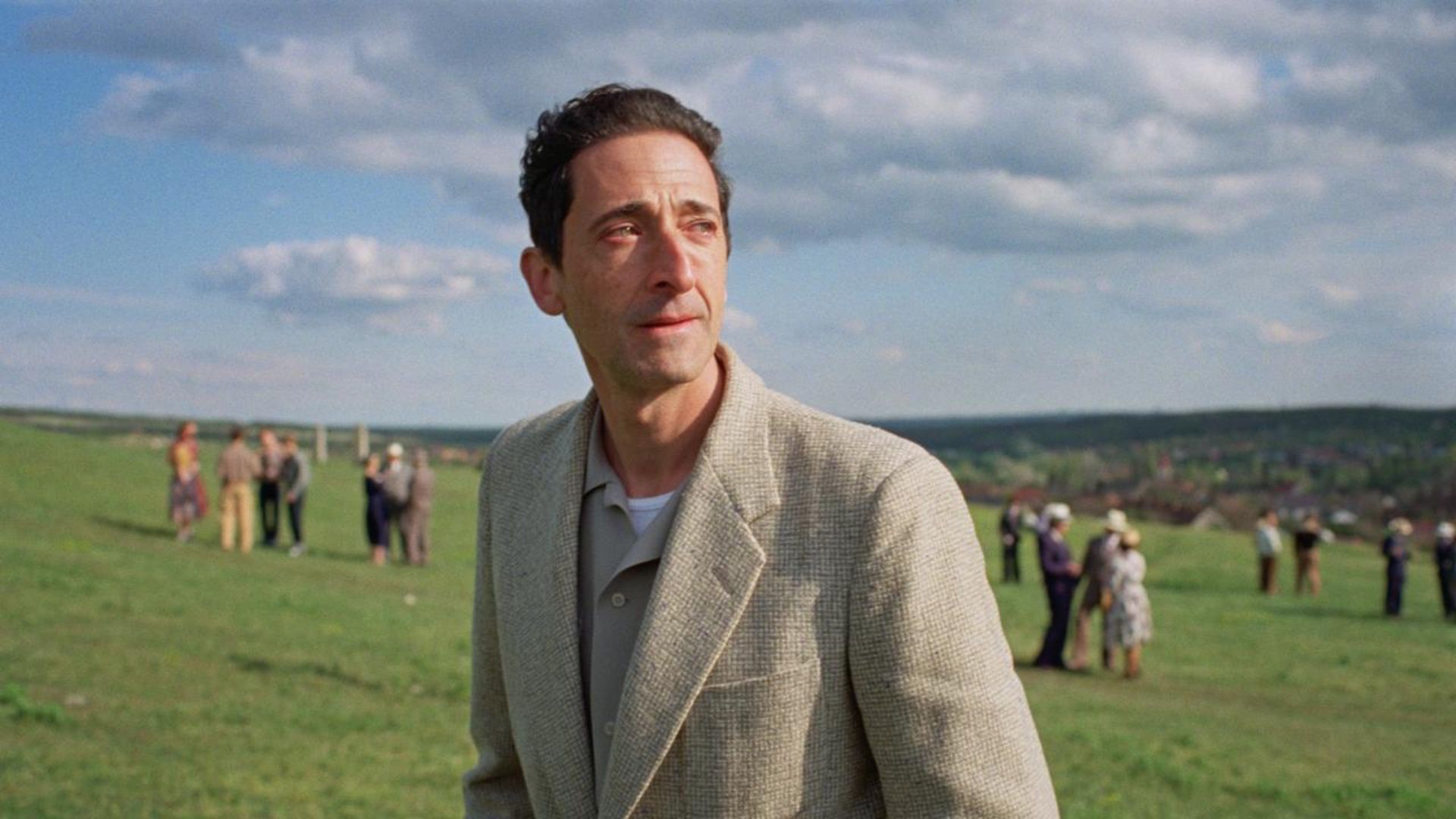Stephen King Confirms Underrated Sci-Fi Thriller Series Has Begun Season 2 Filming

Stephen King announced on X that filming has started for season 2 of The Institute, the MGM+ series. He shared a photo of the script for the first episode, which will be directed by Jack Bender. You can see the announcement here:








